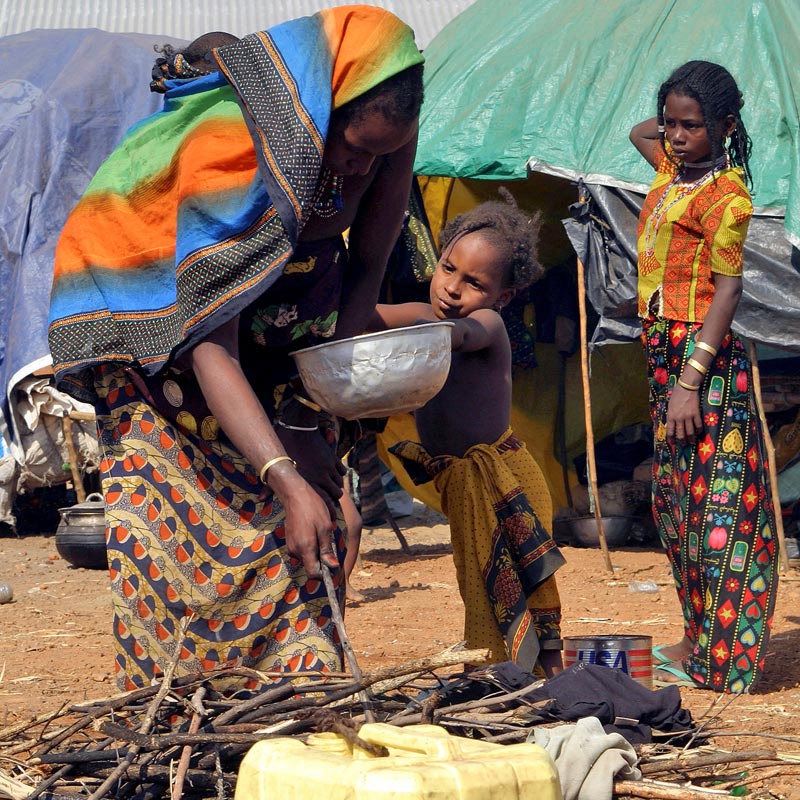
Total Awarded: $23.9 Million
Total Grants: 102
Geographic Focus: Nigeria
Duration: 2002 - 2012
Background
MacArthur began its Nigeria Human Rights program in 2000 in the wake of a democratic transition that brought potential and new energy for raising the level of human rights protections after two decades of military rule and repression. Between 2000 and 2012, the Foundation made 102 grants totaling nearly $24 million for projects addressing protection and promotion of human rights; legal and judicial reform toward the inclusion of international justice standards; and accountability of public safety institutions, such as the police, and democratic institutions, such as the Independent Electoral Commission (INEC).
What We Evaluated
In 2014, new social, economic, and political realities in the country suggested the need for refreshing the program strategy based on a review and evaluation of the earlier work. In keeping with this need, the subsequent evaluation sought to shed light on changes since 2000 in the Nigeria human rights landscape, the Foundation’s response to those changes, and the extent to which funded activities had contributed to strategic aims. It also hoped to learn more about the impact of the Foundation’s investments – what were the main results of the grantmaking, what was the Foundation’s primary contribution, and what lessons could be drawn for future grantmaking. To address these questions, 37 grants totaling $13.8 million (58% of the investment) were sampled. Projects represented a geographical and thematic spread; grants over $200,000 were prioritized. Information was collected through desk review of historical documents of MacArthur grantmaking and grantee reports and publications; attendance of grantee-organized events; and interviews with individual grantees, experts in relevant sectors, government officials, and MacArthur staff.
What We Learned
-
The Foundation has contributed to changing the human rights landscape by focusing its grantmaking on strategic civil society partners and by supporting its grantees over longer periods of time than many other donors.
-
The portfolio achieved a remarkable level of impact in view of its relatively small budget. A contributing factor was the credibility and strategic expertise of the Foundation that gave other donors confidence to invest.
- The sustainability of the portfolio was adequate; some projects have been scaled up by other donors, while others have led to the establishment of legal precedent, thus making a long‐term difference.



